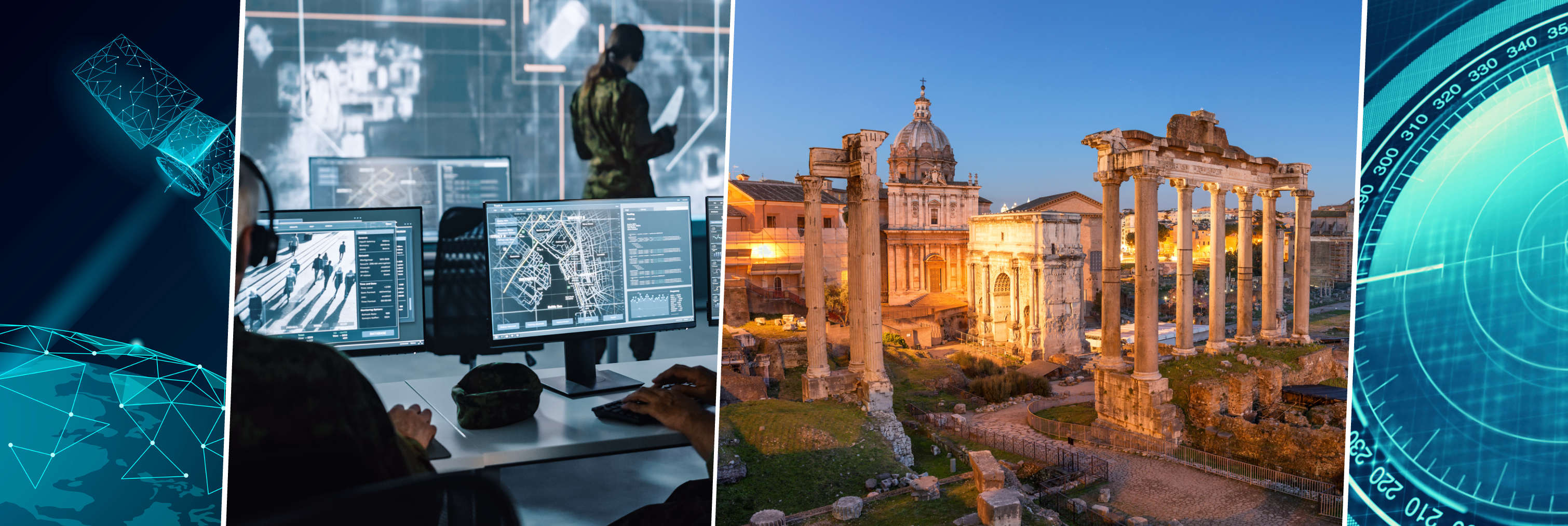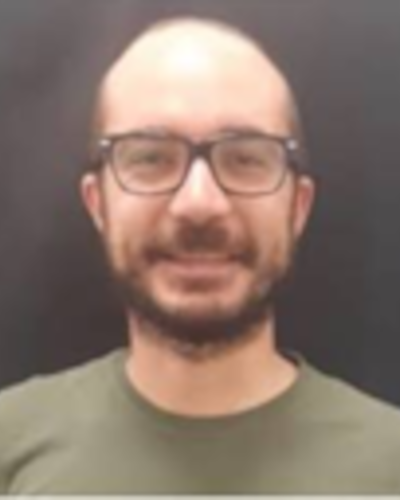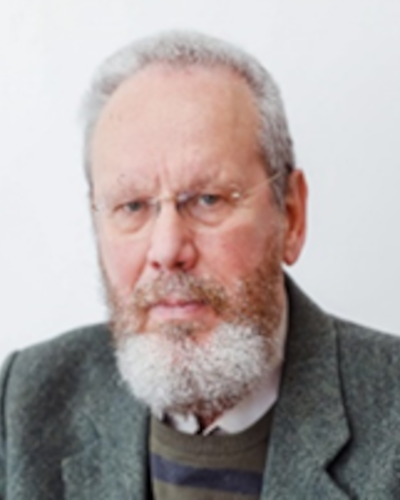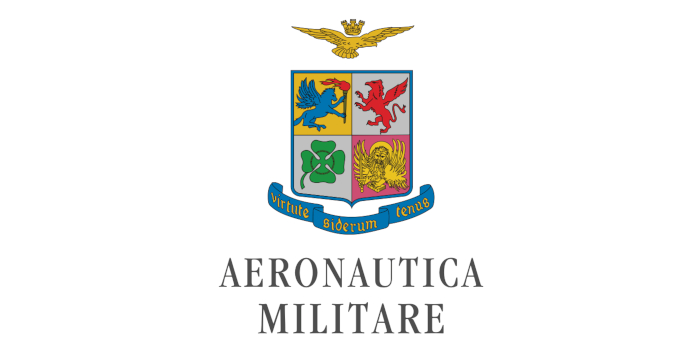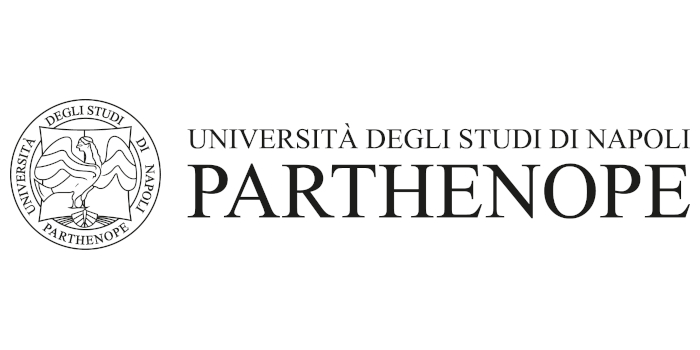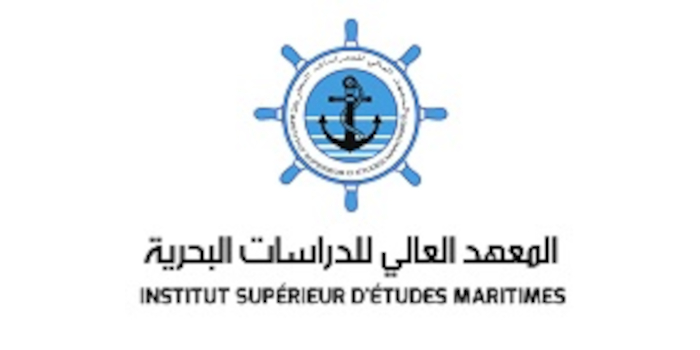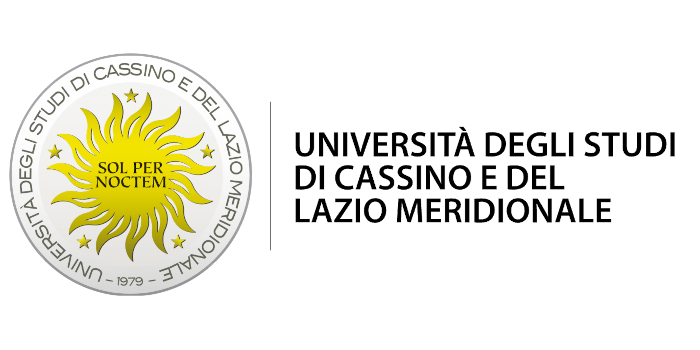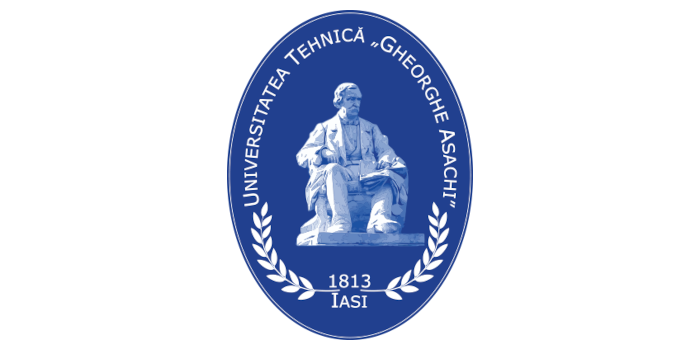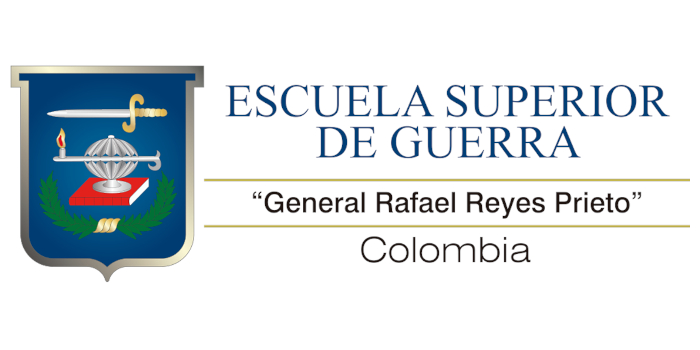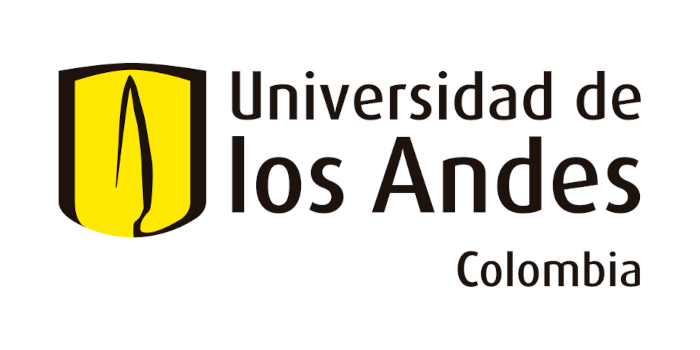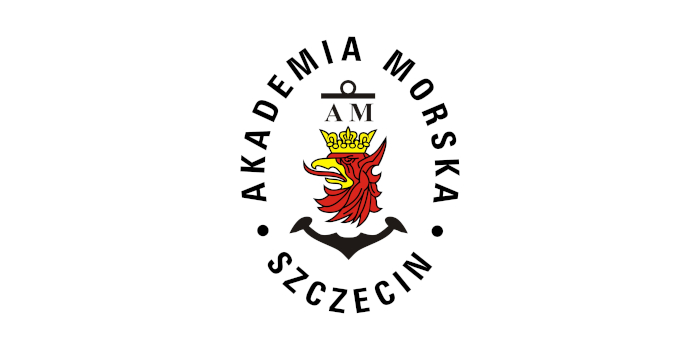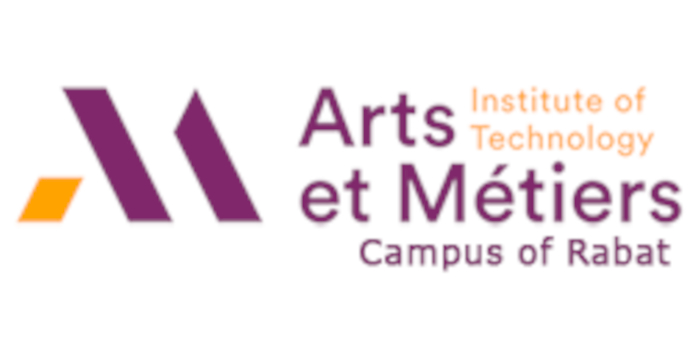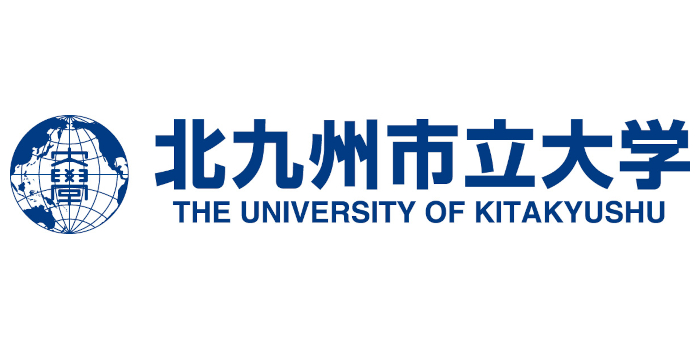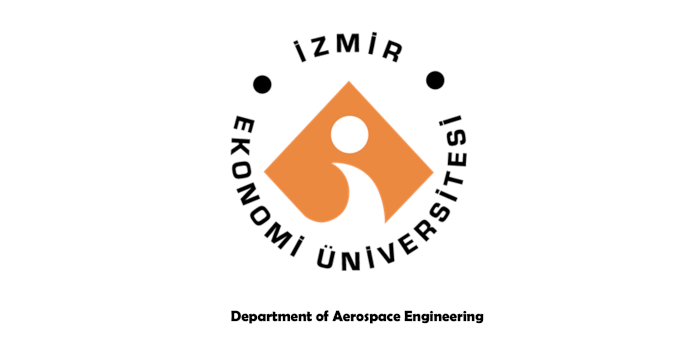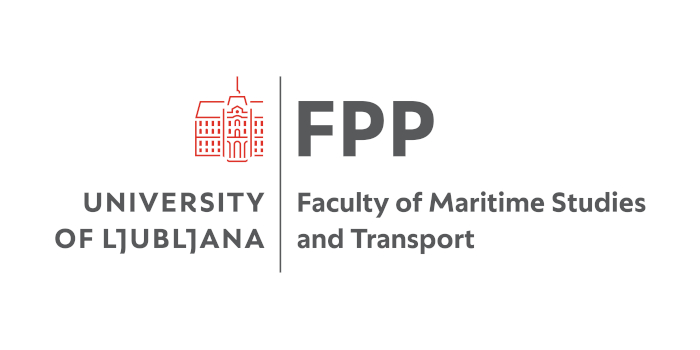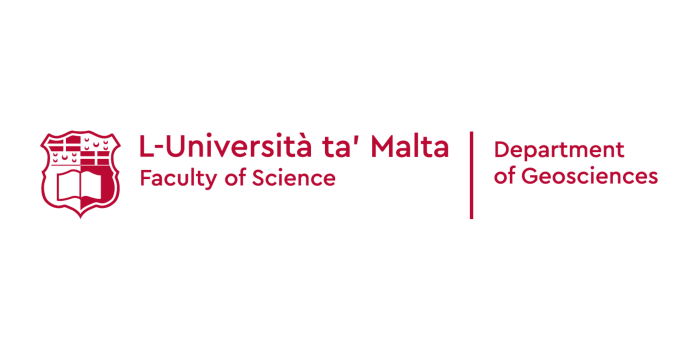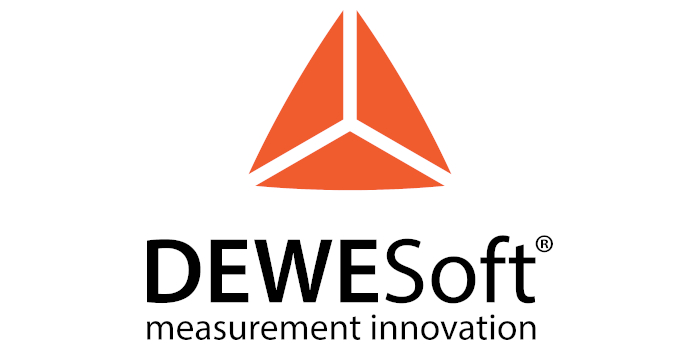SPECIAL SESSION #5
Non-invasive monitoring of psychophysiological states of military personnel during operation and training
ORGANIZED BY
Arcangelo Merla
University "G. d'Annunzio" of Chieti-Pescara, Italy
David Perpetuini
University "G. d'Annunzio" of Chieti-Pescara, Italy
Daniela Cardone
University "G. d'Annunzio" of Chieti-Pescara, Italy
Kresimir Cosic
University of Zagreb
Guilherme Hilgert Elçadi
Swedish Defense Research Agency
Gianluca Borghini
Sapienza University of Rome, Italy
Vincenzo Ronca
Sapienza University of Rome, Italy
ABSTRACT
Modern military operations demand sustained cognitive performance, rapid decision-making, and physical endurance under extreme stress. Monitoring the psychophysiological states of military personnel in real-time offers valuable insights into performance, fatigue, cognitive load, and mental resilience. This session explores emerging technologies and methodologies for non-invasive monitoring of these states during both training and live operations. Emphasis will be placed on wearable and remote sensing technologies, including electroencephalography (EEG), functional near infrared spectroscopy (fNIRS), electrocardiography (ECG), photoplethysmography (PPG), skin conductance, respiratory frequency, electromyography (EMG). Also, eye-tracking, thermal imaging, video-based techniques for acquiring correlates of neurophysiological parameters and general behavioral analytics, as well as the use of AI and signal processing for interpreting complex biometrics will be on the focus. We will highlight recent advancements in real-time data acquisition, edge computing, and integration with command systems for decision support. Case studies and field trials will demonstrate how such systems can enhance operational readiness, improve training outcomes, and support mental health monitoring without impeding mobility or situational awareness. The session aims to foster cross-disciplinary collaboration and innovation in building robust, ethical, and mission-adapted monitoring systems.
TOPICS
In this context, topics of interest of this special session include, but are not limited to:
- Wearable sensors and innovative devices;
- Reliability, validity and accuracy of sensors and measuring systems for in-field assessment;
- Advanced techniques for real-time monitoring;
- Imaging based approaches;
- Metrics, algorithms and signal processing methods;
- Artificial intelligence, machine learning, and deep learning;
- Situation awareness assessment.
ABOUT THE ORGANIZERS
Prof. Arcangelo Merla received his Master's Degree in Physics from the University of Bologna and his PhD in Biomedical Technologies from the University "G. d'Annunzio" of Chieti-Pescara.
He is currently Full Professor of Bioengineering at the Department of Engineering and Geology of the same university. He is also President of the B.SC. Biomedical Engineering and University Delegate for Technology Transfer.
His research activity focuses on biomedical imaging and modeling, with particular emphasis on thermal infrared and optical imaging and their applications in medicine and applied neuroscience. Over the last years, he has focused on computational psychophysiology, affective computing and human-computer interaction, with reference to assistive robotics, human performance monitoring, training and assessment.
He has published over 200 international papers and holds several international patents.
He has held management and coordination roles in numerous national and international research projects. Since 2022 he has been the Coordinator of the PhD in "Digital Transition, Innovation and Health Service" at the Leonardo da Vinci Telematic University.
Prof. Merla is considered one of the world's leading experts in his field, collaborating with important research centers and international industrial companies.
David Perpetuini graduated in Biomedical Engineering from the Marche Polytechnic University of Ancona in 2012. In 2018, he obtained the title of Ph.D. in Neuroscience and Neuroimaging at the University "G. d'Annunzio" of Chieti-Pescara with a final dissertation entitled:" Complexity analysis of fNIRS signal: validation and clinical applications ". Part of the Ph.D.'s research work was carried out at the Department of Biomedical Engineering and Medical Physics of the University College of London (UCL) and at the Institute of Cognitive Neuroscience (ICN) in London. Since 2023 he has been serving as an assistant professor at the Department of Engineering and Geology of the University "G. d’Annunzio " of Chieti-Pescara. His research work mainly concerns the development of innovative biomedical applications using infrared thermal imaging (IRI), functional near-infrared spectroscopy (fNIRS), photoplethysmography (PPG), electroencephalography (EEG), and electromyography (EMG). His work focuses on computational modeling of biophysical processes using Artificial Intelligence (AI) and Machine Learning (ML). In addition, he develops affective computing algorithms to enhance human-machine interaction, as well as algorithms for brain-computer interfaces based on multimodal brain signals.
Daniela Cardone graduated in Biomedical Engineering at the La Sapienza University of Rome in 2009. In 2013, she obtained the title of Ph.D. in Neuroscience and Neuroimaging at the University "G. d’Annunzio "of Chieti-Pescara.
Since June 2021, she has been a Senior Researcher at the Department of Engineering and Geology of the University of Chieti-Pescara "G. d'Annunzio".
Her research work mainly concerns the development of methods for processing and analyzing images and physiological signals of various nature. Her main activity concerned infrared (IR) thermal imaging. In this context, she has developed real-time tracking algorithms for specific areas of interest and IR image morphing methods on anatomical models. She has also worked on the implementation of image fusion algorithms between visible and thermal images.
More recently, his research has focused on affective computing and human-computer interaction, with reference to the field of automotive research and assistive robotics. In particular, he deals with the integration of behavioral and physiological signals of different nature (e.g., ECG, PPG, EMG, fNIRS, language, eye movements) used to feed artificial intelligence models in the field of computational psychophysiology.
She is the principal investigator of the AID2GAIT project, which has the main objective of improving the rehabilitation outcome in pediatric patients with cerebral palsy, through the real-time estimation of the child's level of participation and of the child-exoskeleton interaction.
Prof.dr.sc. Kresimir Cosic is retired professor, University of Zagreb, Faculty of Electrical Engineering and Computing, Member of European Academy of Science and Arts, Salzburg, Member Emeritus of the Croatian Academy of Engineering. He was a visiting research fellow at the Aerospace Department, University of Michigan, Ann Arbor. His interdisciplinary research is related to the: Application of Artificial Intelligence and Machine Learning, Digital psychiatry, Neuroscience, Political psychology, Global Security, Real Time Simulation, Digital Control Systems etc. He published around 150 research papers (Google Scholar Reads 22 000, Research Gate Citations 1500. His research is published in journals like: IEEE Acces, IEEE Sensors journal, IEEE Journal of Biomedical and Health Informatics, IEEE-ACM Transactions on Audio Speech and Language Processing, Computer Methods and Programs in Biomedicine, International Journal of Human-Computer Studies, International Journal of Computers and Applications, Multimedia Tools and Applications, Frontiers in Psychology, International Journal of Strategic Communication, Journal of US-China Public Administration, Cyberpsychology, Behavior and Social Networking, Translational Neuroscience, Psychiatria Danubina, Transactions on Simulation, Simulation Theory and Practice, etc. He led different international research projects, funded by NATO Science for Peace Program, European Defense Funds, Croatian Ministry of Science, Ministry of Defense and State Agency for Innovation.
Guilherme Hilgert Elçadi Ph.D., is a Senior Research Scientist at the Swedish Defense Research Agency (FOI), where he leads studies on cognitive performance, psychophysiology, and human-machine interaction in fast jet pilot training environments using XR and beyond visual range (BVR) simulation platforms. He is also Project Coordinator for ESA-supported research on neurocognitive workload in spaceflight, including the Axiom 3 mission onboard the International Space Station. Dr. Elçadi has a background in physiology and medicine and has held academic positions at KTH Royal Institute of Technology, Örebro University, and the University of Gävle. His research combines applied physiology, human factors, and aerospace medicine, with a focus on brain function, fatigue, and adaptive system design. He has published extensively in international journals and actively contributes to European and transdisciplinary research collaborations.
Gianluca Borghini is Associate Professor at the Dept. of Molecular Medicine of the Sapienza University of Rome, and the team Leader of the “Human Factor” Lab of BrainSigns srl. Gianluca received the PhD in Bioengineering and MD in Electronic Engineering at the ALMA MATER STUDIORIUM University of Bologna. Since 2009, Gianluca has been focusing his research on training assessment, mental states (Human Factors - HF) evaluation, human – machine interactions, and cooperation (teamwork) measurement by combining behavioural, subjective, psycho-attitudinal scales, and neurophysiological. In particular, his research activity involves signal processing, machine-learning algorithms, and connectivity-based methods. Most of the studies have been conducted on professional personnel. In the 2011, he got the first position at the Flight Safety Course at the Italian Air Force Headquarter in Rome. Also, in the 2011 and 2016, he was rewarded with the prize “I Guidoniani” for the best research in the Aerospace Medicine. In 2019 Gianluca received the National Scientific Qualification in Physiology and in Bioengineering, and the Italian Best Award for his research in the Aviation field. Finally, since 2020 he has been listed among the Top 2% World Scientists.
Vincenzo Ronca, Ph.D. is a postdoctoral research fellow in Bioengineering at Sapienza University of Rome, and Senior Researcher in BrainSigns srl. He holds a Ph.D. in Biophysics, a Master’s degree in Biomedical Engineering, and a Bachelor’s in Clinical Engineering, all from Sapienza. His research focuses on neurophysiological modeling of mental states in real-world contexts, particularly within applied neuroscience, neuroergonomics, and cognitive technologies. His expertise spans EEG signal processing, biosignal analysis, and human-machine interaction. He has contributed to and managed several European projects under Horizon 2020 and Erasmus+, coordinating work packages and interdisciplinary teams in the development of brain-based adaptive systems for learning and safety-critical environments. He is the author of over 40 peer-reviewed publications and active in scientific dissemination as a Guest Editor for Frontiers in Human Neuroscience, Neuroergonomics, and Behavioral Sciences. He also serves as a reviewer for journals such as IEEE Transactions on Biomedical Engineering and Scientific Reports. In parallel with research, he lectures in Biomedical Engineering and Medicine programs at Sapienza. He has received multiple grants, including a Marie Skłodowska-Curie Fellowship and Sapienza Research Call funding.

